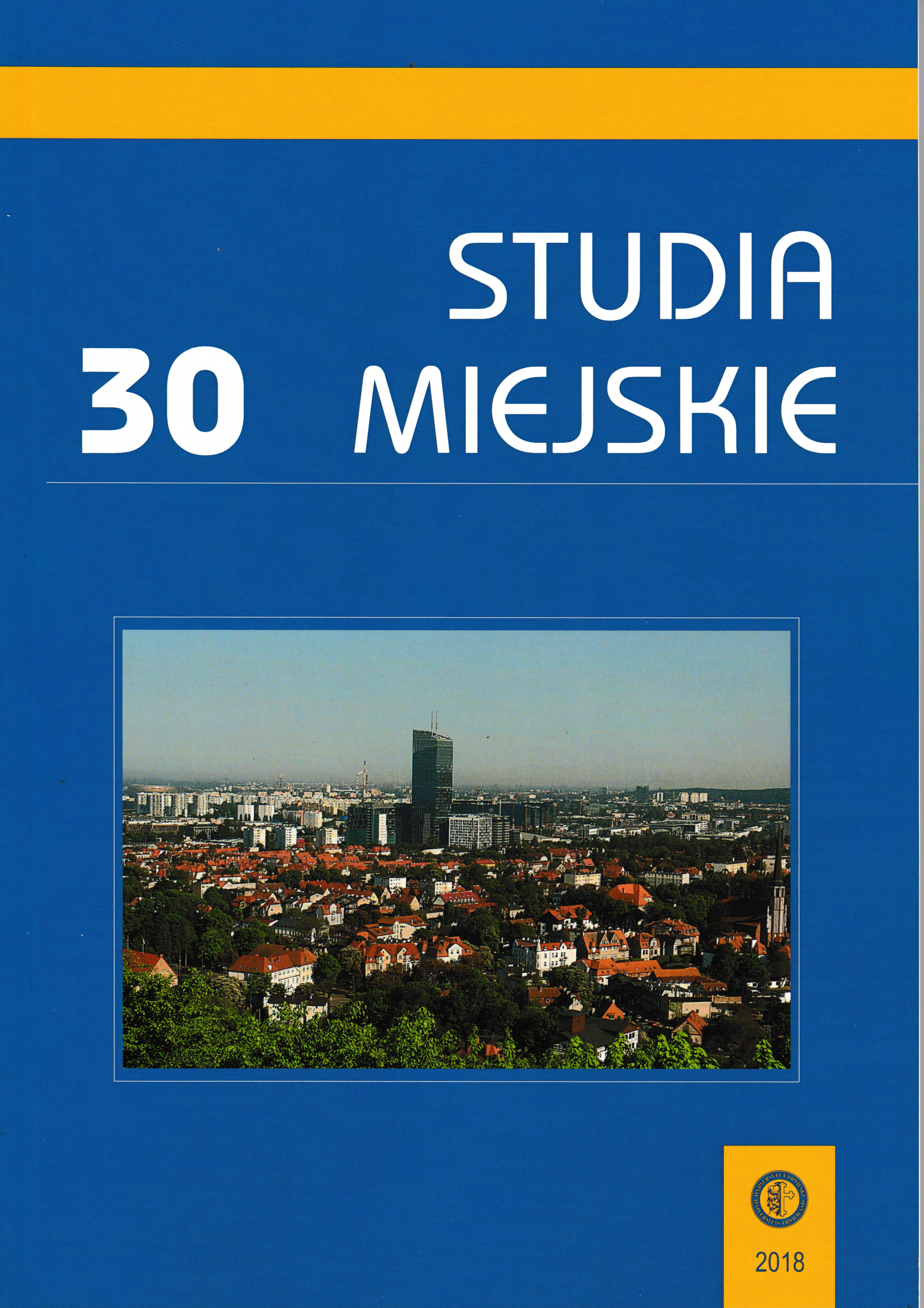INTELIGENTNY I ZRÓWNOWAŻONY ROZWÓJ TRANSPORTU JAKO ELEMENT REALIZACJI ZAŁOŻEŃ KONCEPCJI SMART CITY – PRZYKŁADY POLSKIE I EUROPEJSKIE
INTELLIGENT AND SUSTAINABLE DEVELOPMENT OF TRANSPORTATION AS AN ELEMENT OF IMPLEMENTATION OF THE SMART CITY CONCE
Author(s): Małgorzata Wach-Kloskowska, Jagienka Rześny-CieplińskaSubject(s): Economy, Rural and urban sociology
Published by: Uniwersytet Opolski
Keywords: smart city; transport
Summary/Abstract: The smart cities is one of the most promising conceptions of the future, which concerns urban development and local economy. It is the idea that urban settlements should be managed in an environmentally-friendly, modern, economical and effective way. The development of innovative technologies, especially ICT, allows for a significant increase in the functionality of cities. It is necessary to integrate modern technological solutions with the already existing infrastructure as well as that being modernized. The idea of smart cities essentially aims to improve activities undertaken in the spheres such as: citizens, governance, energy, buildings, transport, infrastructure, communications and health. According to experts, it is smart transportation that is vital to improving the quality of life of inhabitants. The article presents the conception of smart cities with a focus on issues related to sustainable and modern transport within a smart city. The analysis includes possibilities of using smart solutions, types of such solutions in transport and their benefits for residents, entrepreneurs, tourists and authorities. The authors review experiences and solutions of the conception in the field of transport adopted in selected European cities. Furthermore intelligent transport solutions in Poland are presented. The purpose of the article is to present the idea of smart cities (in terms of intelligent and sustainable transport) pointing to examples of solutions applied in European cities and selected centers in Poland. In this paper, the literature on smart cities as well as reports and rankings of smart cities in Europe were analyzed. Additionally, the websites of the entities (cities) surveyed and current examples from professional magazines were very valuable sources of information.
Journal: Studia Miejskie
- Issue Year: 2018
- Issue No: 30
- Page Range: 99-108
- Page Count: 10
- Language: English, Polish

